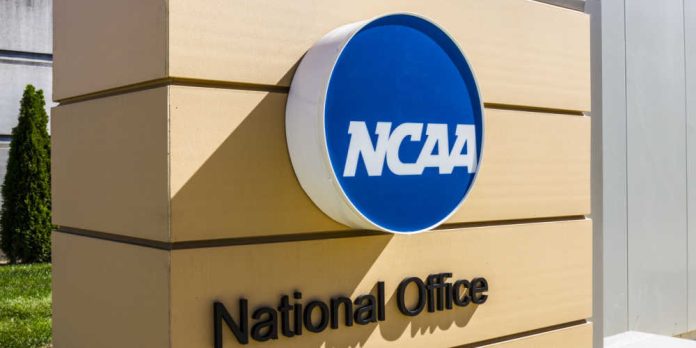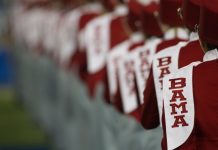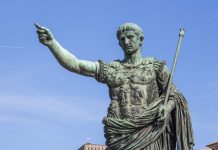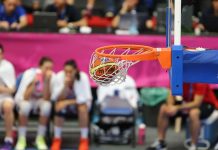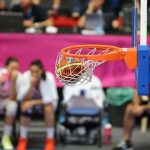The NCAA has reiterated its determination to protect student-athletes, uphold high standards and integrity after a series of controversies in the last few weeks relating to sports betting.
President of the association, Charlie Baker, noted that the issue is a priority for him after taking up his new role in March and that education and integrity will be at the forefront of its operations.
Baker issued a statement that read: “As more states legalize sports betting and as hundreds of millions of dollars are spent advertising to young people across the nation, everyone from parents to coaches, campus leaders, state regulators, and the NCAA have to work together to make sure all young people know the rules and know what problem gambling looks like.
“Advertisers may see this as an emerging market, but this could be an emerging threat to young people everywhere if we all don’t work together.”
NCAA baseball betting scandal causes concern
The NCAA has been embroiled in a sports betting scandal in the last few weeks since Alabama baseball coach Brad Bohannon was fired for violating standards regarding a US Integrity investigation into suspicious activity.
That scandal was amplified days later when regulators in Iowa launched an investigation into suspicious activity related to the Iowa Hawkeyes baseball team after four players were suspended.
Over $15bn was wagered during the March Madness tournament this year, according to AGA figures, which the association labeled as a “staggering” amount.
“While sports wagering creates opportunities for our fans to uniquely engage with NCAA competition in a legal and responsible manner, we have to be mindful of the enhanced risks it creates, particularly around student-athlete well-being and competition integrity,” said Stan Wilcox, NCAA EVP of Regulatory Affairs.
“Those areas have been a key priority for us, and we’ve tried to roll out initiatives in a manner that creates the most value for the membership.”
College sports battles betting scandals with education and research
In response to these growing concerns, the NCAA has detailed the work it is doing to improve the protection of its student-athletes and maintain the integrity of its competition.
Firstly, the body will work to better understand the mental health of athletes by conducting research into trends in sports betting attitudes and behavior among the cohort.
The NCAA has established the NCAA Mental Health Advisory Group, which addresses best practices, while the association has also linked with the International Centre for Youth Gambling Problems and High-Risk Behaviors at McGill University to conduct a national survey on college sports betting.
The survey takes place every four years and will next be undertaken this fall across college campuses nationwide.
“As legal sports wagering has become so widespread across the United States in the past few years, it’s crucial to know how attitudes and behaviors toward betting on sports are shifting,” said Jeffrey L. Derevensky, Director of the International Centre for Youth Gambling Problems and High-Risk Behaviors and a Professor at McGill.
“Such information is key in developing empirically-based awareness and prevention initiatives that effectively protect youth from the harms associated with problem gambling,”
“The NCAA’s quadrennial research studies provide not only the best data available on how sports wagering impacts young athletes but some of the best data worldwide on gambling within this age group.”
Moreover, the NCAA has partnered with EPIC Risk Management to provide athletes with a sports betting gambling harm prevention program, which offers on-demand virtual training, workshops and in-person sessions to help athletes better understand the risks involved with sports wagering.
Finally, the NCAA reiterated the work that its national office does to reinforce the integrity of its competitions, with it noting that less than 0.25% of fixtures being flagged for suspicious betting.
“Given the incredible volume of competitions across the NCAA, our integrity services program is unprecedented and is operated consistently with industry standards. We also know that the sports community continues facing challenges related to sports wagering, and we are not immune to those issues. This is why our work here is so important,” said Mark Hicks, MD of Enforcement at the NCAA.
“Integrity efforts work best when the ecosystem is communicating and in sync. We’ll continue to work with regulators and partners to act aggressively at ensuring the integrity of NCAA competition.”


